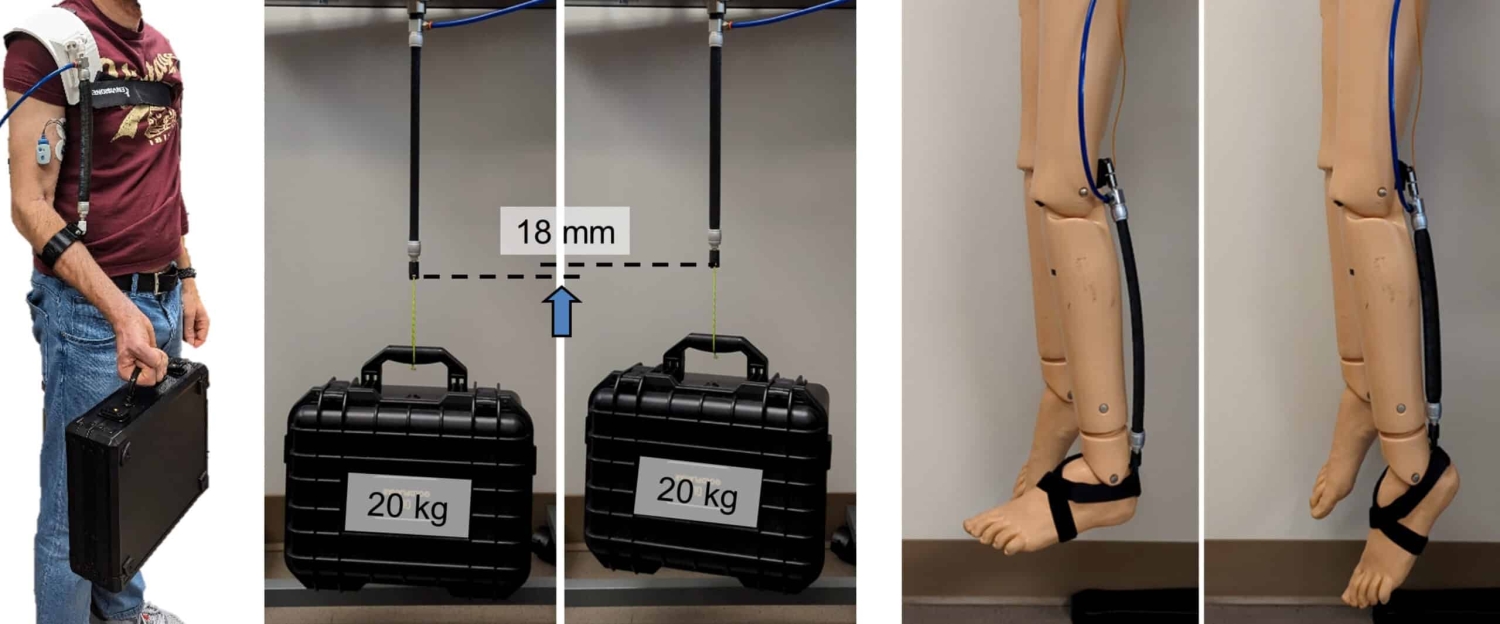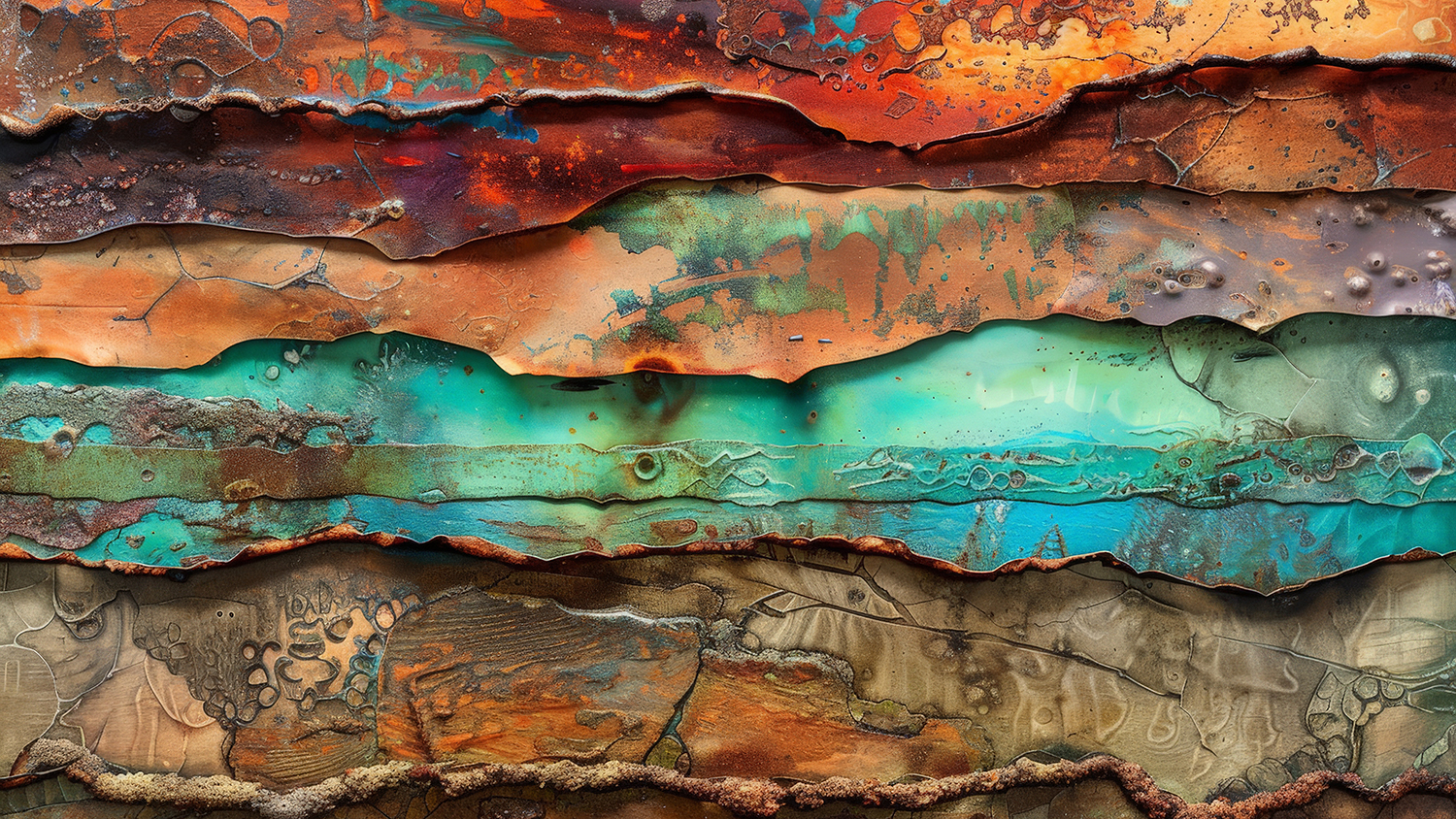Astronauts share space adventures at NC State

Two NASA astronauts discussed their adventures in space before a packed room of North Carolina State University students during an on-campus Twitter Town Hall in April.
Astronauts Nancy Currie and Bill McArthur spoke at NC State as part of Destination Station, NASA’s national awareness campaign that communicates the work of the International Space Station (ISS), an inhabitable space station that also serves as a laboratory for experiments. The station was launched in 1998 and involves the US and 14 other countries, including Canada and Germany.
McArthur and Currie answered questions posed from the audience and through Twitter. The questions touched on topics ranging from life in space to the future of space travel.
“When will we put a human being on Mars?” one questioner asked.
The astronauts’ answer, summarized for Twitter: “We are still developing technology to try and do this and it has a lot to do with funding. But it is doable.”
McArthur, a veteran of four space flights, also shared his experience as commander and ISS science officer with the Expedition 12 crew, which docked with the ISS in 2005 and became the first two-person crew to conduct a spacewalk in both Russian and US spacesuits. The audience laughed as he described everyday activities that became more difficult in a zero gravity environment, such as the challenges associated with brushing his teeth.
Currie, who is serving as a visiting adjunct professor at NC State’s Edward P. Fitts Department of Industrial and Systems Engineering during 2012, is principal engineer for the NASA Engineering and Safety Center. The center tests, analyzes and assesses NASA’s high-risk projects. She has been on four space shuttle missions and has accrued 1,000 hours in space.
When asked for advice for students interested in working in space, Currie said education was important.
“It is best to get as much of a technical background as you can,” she said.


